According to a study published in the journal Reproductive BioMedicine Online on April 10, engineers and embryologists in New York (USA) remotely controlled a robotic system to perform the entire intracytoplasmic sperm injection (ICSI) process at a laboratory in Guadalajara (Mexico). The resulting embryo successfully developed and was implanted into the uterus of a 40-year-old woman, resulting in the birth of a healthy baby. How does this remote-controlled automated IVF method work?
How does remote controlled automated IVF work?
The automated system developed by Conceivable Life Sciences (USA) is capable of performing 23 steps in the ICSI process, from sperm selection, egg injection to evaluation and selection of the best embryo. However, egg and sperm collection as well as embryo implantation into the uterus are still performed by humans.
“We have created a platform that standardizes the ICSI process for the first time in history,” said Alejandro Chavez-Badiola, co-founder and chief medical officer of Conceivable. This standardization reduces human error and increases fertilization success rates.
The system uses artificial intelligence (AI) to select sperm based on shape and evaluate embryos based on developmental potential. A laser is used to immobilize the sperm tail, then a precision motor injects the sperm into the egg in a single motion.
Each step in the process is monitored and activated remotely by experts, ensuring high precision and safety.
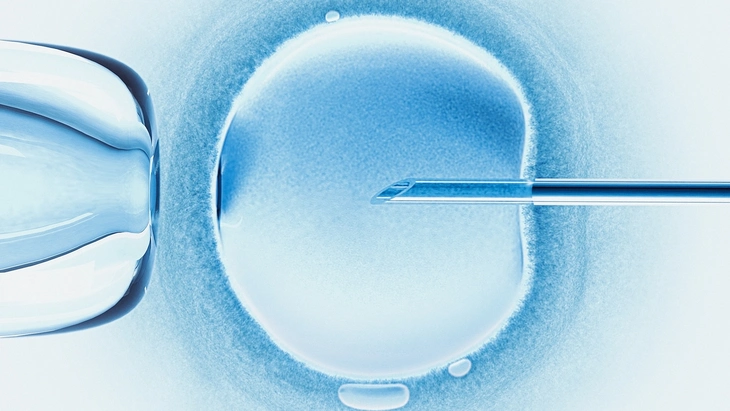
In vitro fertilization (IVF) involves intracytoplasmic sperm injection (ICSI), which is often used in cases of male infertility - Photo: KTSDESIGN/Getty Images
Efficacy and prospects of remote-controlled automated IVF technology
In the test, the automated system took an average of 9 minutes and 56 seconds to process each egg, compared to 1 minute and 22 seconds in the manual process. However, the results showed that 4 out of 5 eggs processed by the automated system developed into embryos, and all 3 eggs processed manually also developed into embryos.
Experts say that despite the longer processing time, automated technology offers greater accuracy and reduces risks during the fertilization process. "Any technological innovation that reduces the drudgery of the embryology lab is welcome to try and adopt," said Dr. Erkan Buyuk, a reproductive endocrinologist at the Icahn School of Medicine at Mount Sinai.
The Future of Automated IVF
Mr Chavez-Badiola said the team is continuing to improve the system to automate the entire ICSI process. However, humans still play a role in monitoring and ensuring the device is working correctly.
“The ultimate goal is to reduce costs, increase accessibility and bring the joy of parenthood to more families,” he said.
The combination of automation technology and artificial intelligence in the field of assisted reproduction promises to open a new era, helping to standardize processes, minimize risks and increase success rates for infertile couples around the world.
Source: https://tuoitre.vn/em-be-dau-tien-tren-the-gioi-chao-doi-nho-ivf-tu-dong-dieu-khien-tu-xa-20250415111155582.htm


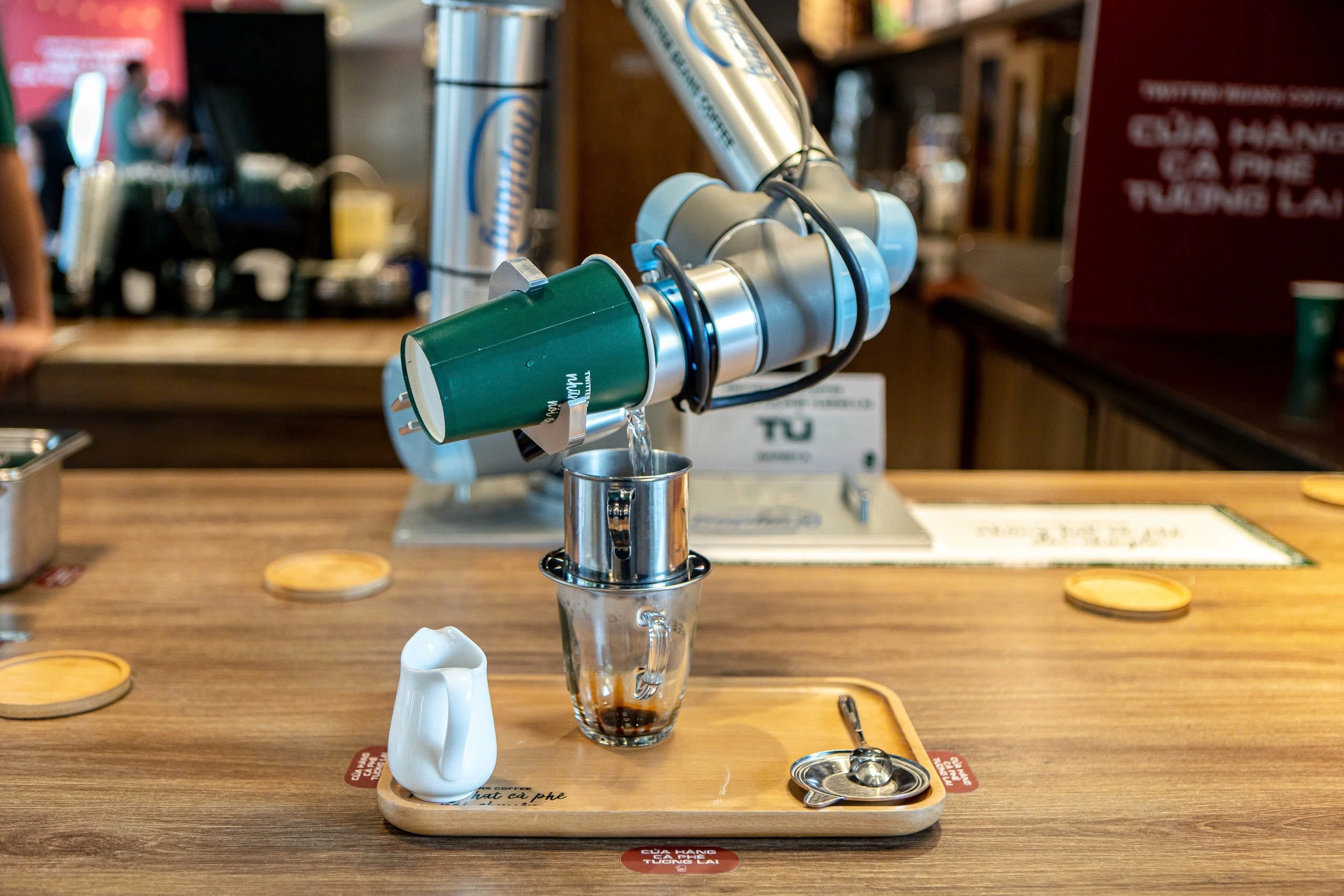


![[Photo] General Secretary To Lam receives Sri Lankan President Anura Kumara Dissanayaka](https://vstatic.vietnam.vn/vietnam/resource/IMAGE/2025/5/4/75feee4ea0c14825819a8b7ad25518d8)

![[Photo] Vietnam shines at Paris International Fair 2025 with cultural and culinary colors](https://vstatic.vietnam.vn/vietnam/resource/IMAGE/2025/5/4/74b16c2a197a42eb97597414009d4eb8)
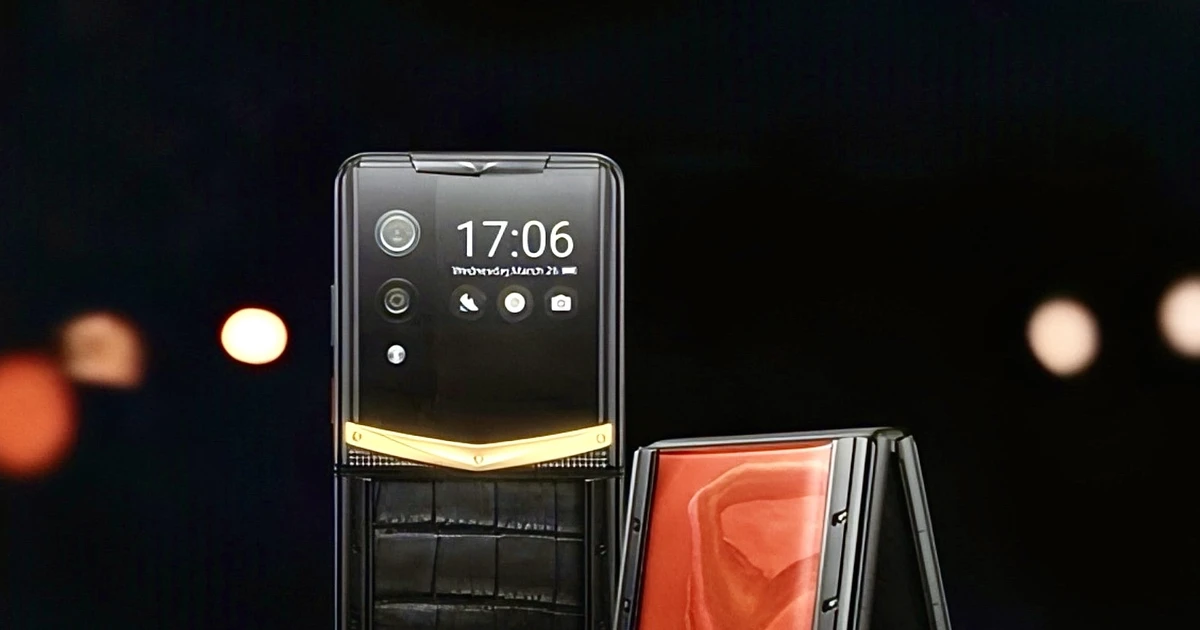


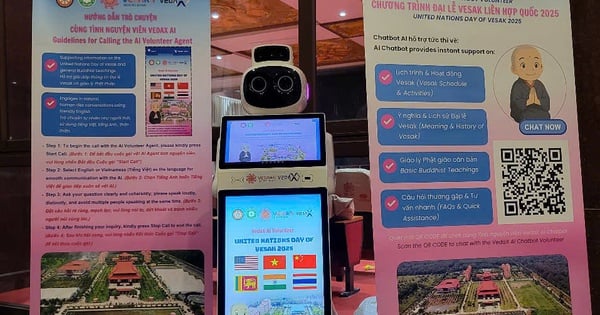










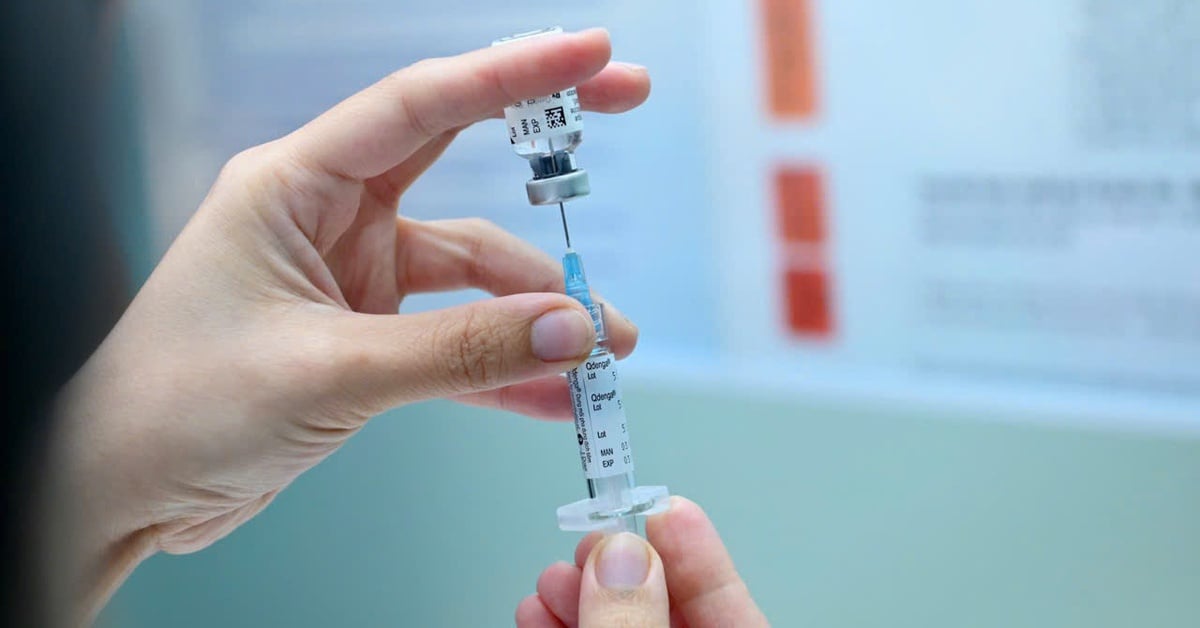
























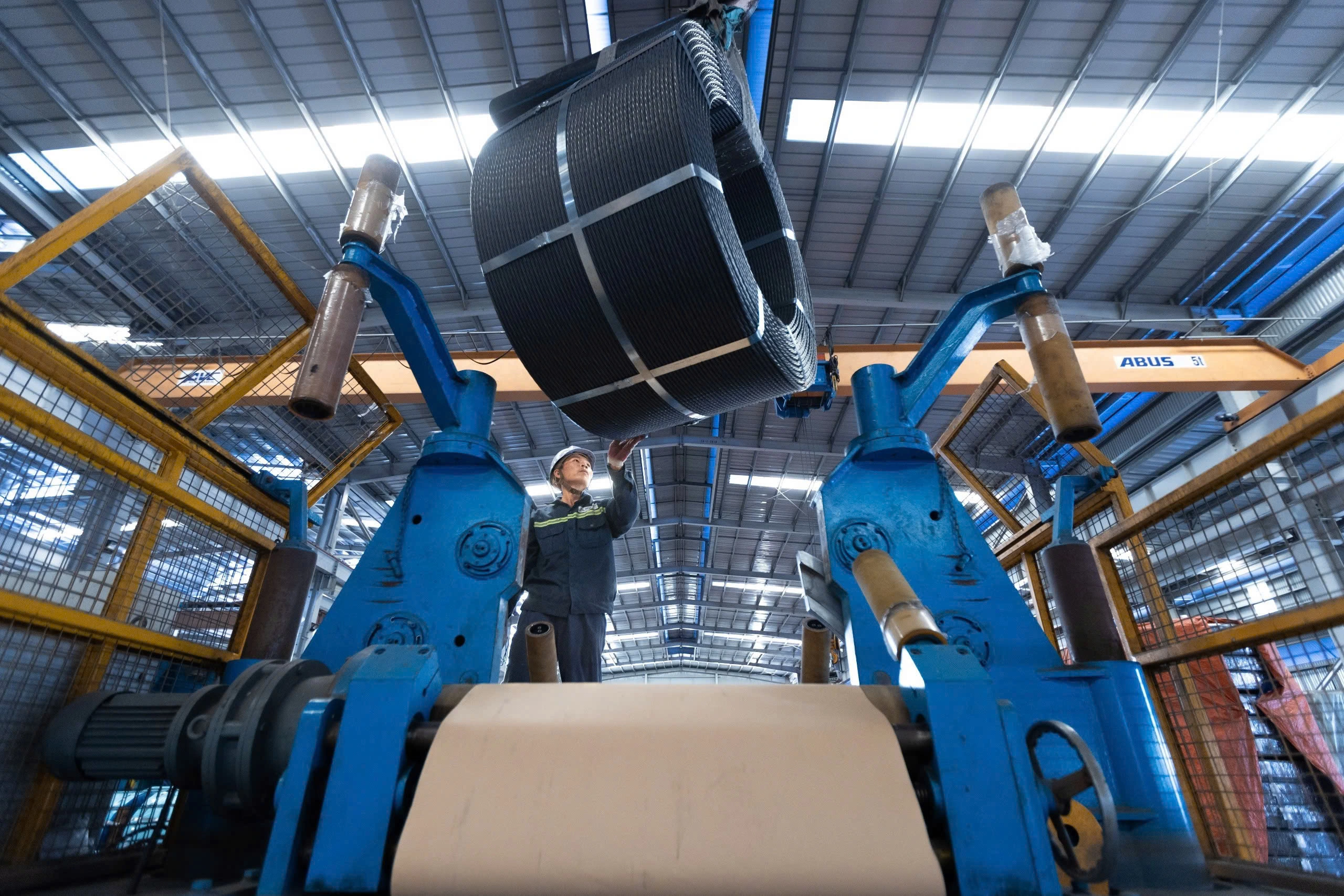



























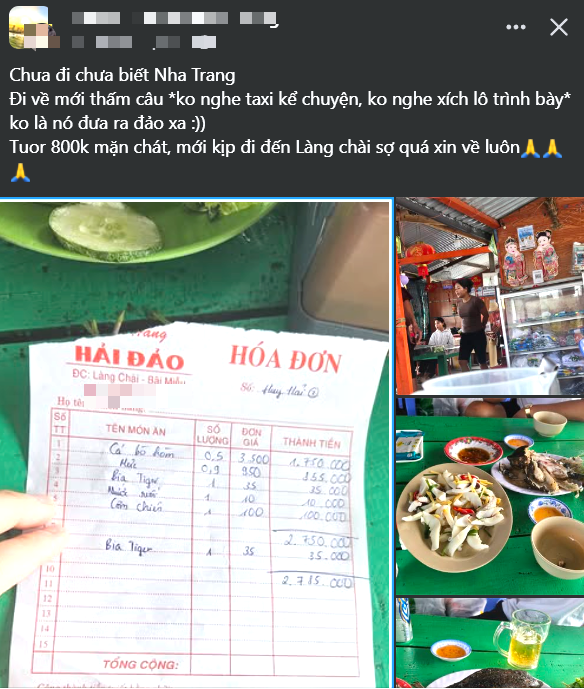








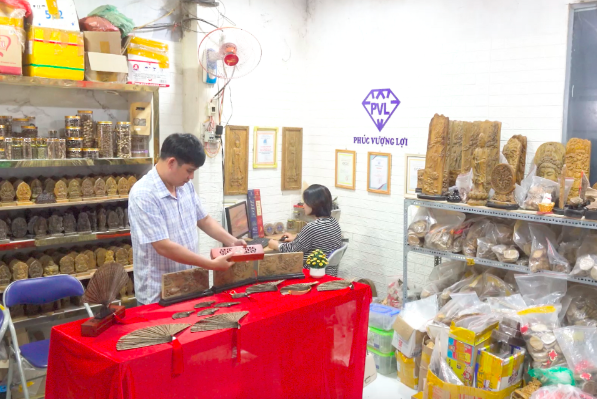



![[Video]. Building OCOP products based on local strengths](https://vstatic.vietnam.vn/vietnam/resource/IMAGE/2025/5/3/61677e8b3a364110b271e7b15ed91b3f)




Comment (0)